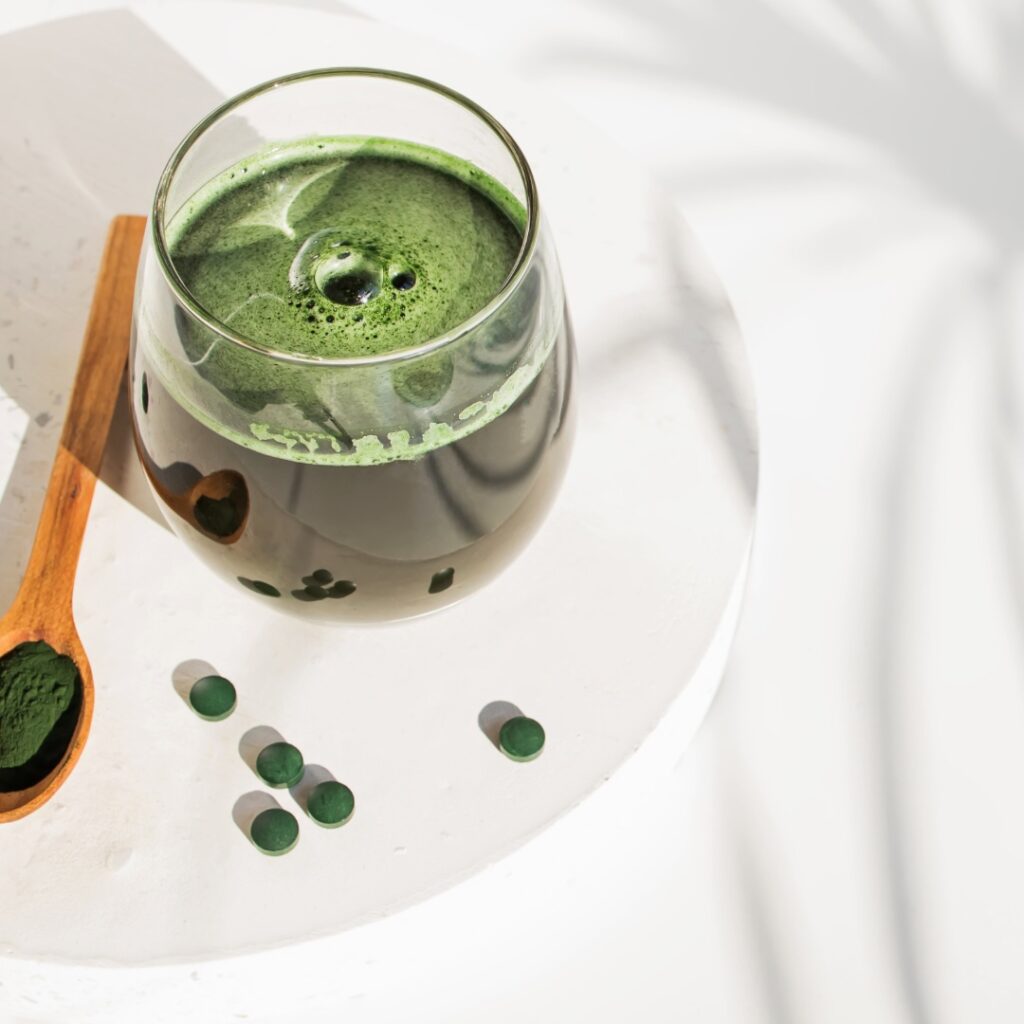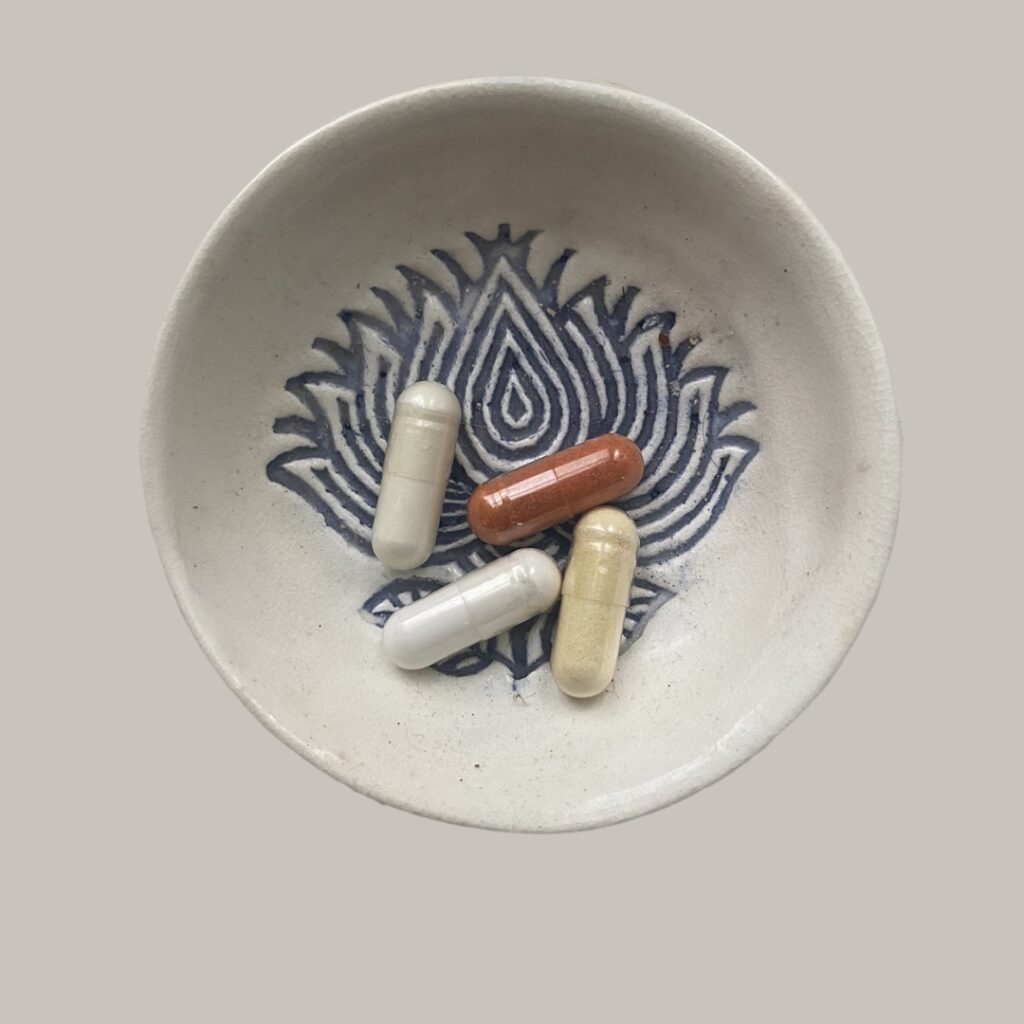
Supplements are one of the most powerful tools we have when it comes to health. As a self-proclaimed overly enthusiastic biohacker, I personally use supplements regularly based on my own biological changes and needs. I also study and research them extensively. We need to remember that as useful as they are, a million supplement capsules ingested orally doesn’t necessarily mean that you are doing the best for your body. Supplements fill nutrient gaps, mitigate imbalances, and help your body function at optimal levels. But when it comes to choosing supplements, why is quality is everything?
Why More Expensive Isn’t Always Better & Research Is Important
In the ever-expanding landscape of dietary supplements, finding the right path can seem overwhelming. With a multitude of choices, each boasting unique attributes and price points, it’s easy to feel lost. A common scenario is encountering two brands offering seemingly identical supplements but at significantly different costs. The truth is, not all supplements are created equal.
When it comes to health products, prioritizing quality is paramount due to their direct impact on our well-being. Unlike the pharmaceutical industry, the dietary supplement sector operates with fewer regulatory constraints, leading to limited oversight and substantial price variations among products with seemingly identical ingredient lists.
A premium price tag within the supplement industry does not necessarily equate to a superior product. Some brands command higher prices primarily due to their established brand reputation or substantial marketing budgets. These companies heavily invest in influencer marketing and promotional campaigns, expenses that ultimately get passed on to consumers in the form of elevated prices.
Therefore, it is crucial to conduct thorough research and scrutiny before making an investment in a supplement. Pay close attention to factors such as the supplement’s ingredients, the manufacturing process (with particular emphasis on ingredient sourcing and third-party testing), and the depth of research that has gone into formulating the product. These considerations are far more indicative of a supplement’s quality than its price alone.

Manufacturing & Transparency
Manufacturing supplements is not a simple task. It requires a significant investment in high-quality raw materials, advanced manufacturing facilities, and skilled personnel. Companies that are committed to producing the very best supplements spare no expense in this process.
Also when it comes to transparency, expensive brands go above and beyond to ensure that what is on the label is actually in the product.
Highlighting the significance of choosing the right supplements reveals a key challenge: the absence of standardized rules permits any entity to claim their product as “high quality.” However, genuine quality in supplements hinges on strict adherence to manufacturing processes, the use of pure, potent ingredients, and the rigorous exclusion of harmful contaminants.
When it comes to choosing the right vitamins, price doesn’t matter. The label is what is the most important. If you’re considering a vitamin supplement, read the label and compare information as well as ingredients. Some vitamins — even the expensive ones — may contain more fillers than the actual ingredient.
In my experience with working with supplement manufacturers, when it comes to supplements, there are many aspects that can alter their effect on the human body. However, research indicates that the more natural and better quality ingredients a supplement contain, the more likely it is to support good health and desired results, as well as improve its bioavailability.
The use of natural substances can also avoid the need for synthetic coatings and additional additives that make it difficult for pills to break down in the stomach, especially for those people with digestion issues.

Thanks to natural supplements, people can get a better therapeutic response, often needing fewer capsules per day for the desired results.
While affordability is undoubtedly important, it should not be the sole determining factor when selecting a supplement. It’s essential to dig deeper than label claims and ask pertinent questions. Here are some critical considerations:
In the complex world of supplements, understanding these nuances empowers you to make informed choices for your health and well-being. Knowing how to choose the right food supplement and understanding the real impact of all of the ingredients found in a supplement helps you to avoid unnecessary exposure to substances such as pesticides or other toxins.
IN ORDER TO CHOOSE A SAFE PRODUCT, IT IS IMPORTANT TO:
- Look for the active biomolecules contained in the formula and check their concentration
- Look for elements such as certifications or verifiable information on production quality and consistency such as organic production, processes and quality standards, as well as other guarantees of safety and efficacy.
Another crucial factor to take into account is the bioavailability of an extract. In some instances, specific natural extracts, when properly combined, can enhance the absorption of nutrients, vitamins, and other valuable components within a supplement.
Conversely, certain additives can have the adverse effect of diminishing the efficacy of certain extracts by impeding the absorption of beneficial nutrients.
Additionally, it’s worth noting that synthetic substances may pose limitations on the therapeutic function of a supplement within the stomach or intestinal tract.
Throughout the platform, I make it my ethos to only showcase and share brands that I personally use, have researched extensively and avidly share them in the hope that you, my lovely reader, can benefit from them too.
Tips to Make Informed Choices
Here are several steps you can follow to ensure the supplement you choose is of high quality:
- Research the manufacturer and retailer before buying supplements.
- To identify GMP-compliant supplements:
- – Look for the GMP logo on the product packaging or manufacturer’s website.
- – Contact the manufacturer for clarification if uncertain.
- – Check for CoA on the website or contact the manufacturer.
- Choose reputable sources such as pharmacies or health food stores (rather than eBay and other online marketplaces).
- Check the ingredients – watch out for fillers and additives.
I hope these tips can empower you in the best way possible! Sono Sana has a strict NO B.S Policy ,
With love,
Vie xox


